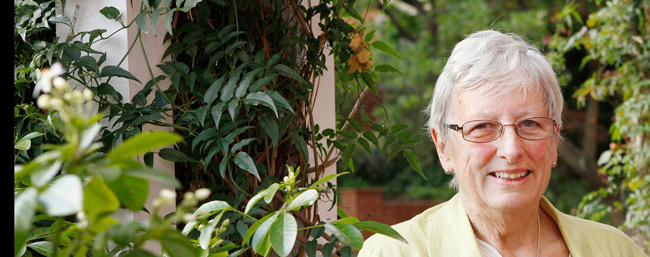
|
| Margaret Carr, Annie White and Wendy Lee |
How wonderful it has been to have Annie White with us
over the last few days. Annie is an Assistant Professor of Early Childhood
Studies, at California State University, Channel Islands. It has
also been a pleasure to host her husband Jim as well. Annie is passionate about
‘Learning Stories’ and has participated in three Study Tours in New
Zealand with Margie Carter, which was hosted by NZ Inspire early childhood
educators in Auckland. During her stay, she has been interviewing
teachers, leaders, academics etc about the use of Learning Stories in New
Zealand.
In California, all State funded programmes are
required to use a children's assessment tool referred to as the Desired Results
Developmental Profile (DRDP). This tool was developed by University
of California, Berkeley and WestED, research institute. This is
a very challenging tool to use and has the potential to stop any teacher in
their tracks with the density of the observation
requirements. Finding a pathway to meet these requirements and keep
teachers connected to children’s learning lives has been a huge challenge for
Annie. When Annie came to NZ, and listened to our voices and witnessed the
practice, she knew that there had to be another way that Head Start and
California could approach children's assessments.
After learning about the practice and philosophy of
Learning Stories she returned home from NZ with a deep passion and a
tenacious drive to incorporate learning stories in the Head Start
programme, where she has worked with for the past 18 years. They have
now been using Learning Stories for the past four years.
This led her to her dissertation
study, "Engaging Families in School Readiness: Creating New Pathways
for Dialogue". She used Learning Stories as the basis for her
research to investigate teacher and parent collaboration and family
engagement. Annie also worked with Early Head Start program (birth
to three years of age) to use Learning Stories (they called them "Journey
of Discoveries") in collaboration with
parents/families. Her research was a qualitative case study
through the University of California, Davis and Sonoma State
University. Her findings have been well received and she has
presented at the California Department of Education, Early Education Support
Division, to demonstrate how learning stories can be used in conjunction with
the DRDP tool. Recently, she has presented locally, Statewide
and Nationally on her research. There is an incredible interest in
Learning Stories. Annie recently received a Simms/Mann Fellowship
and will be conducting a year-long project using Learning Stories with two
homeless shelters that have child care centres. Annie’s
University students will also be supporting the teachers in the
homeless centres, as peer mentors, to support parent to complete
Learning Stories.
Annie was recently hired by California State
University, Channel Islands to support their existing work using
Learning Stories in the early childhood study courses. Learning Stories
have been used as part of the curriculum and assessment courses for several
years. Teachers who are placed in classrooms for student teaching, use
Learning Stories for children's assessments, to assess the centres,
and for their own assessment for learning.
Annie continues to teach, explore and research Learning
Stories as she searches for meaningful and authentic ways to assess children’s
learning.





